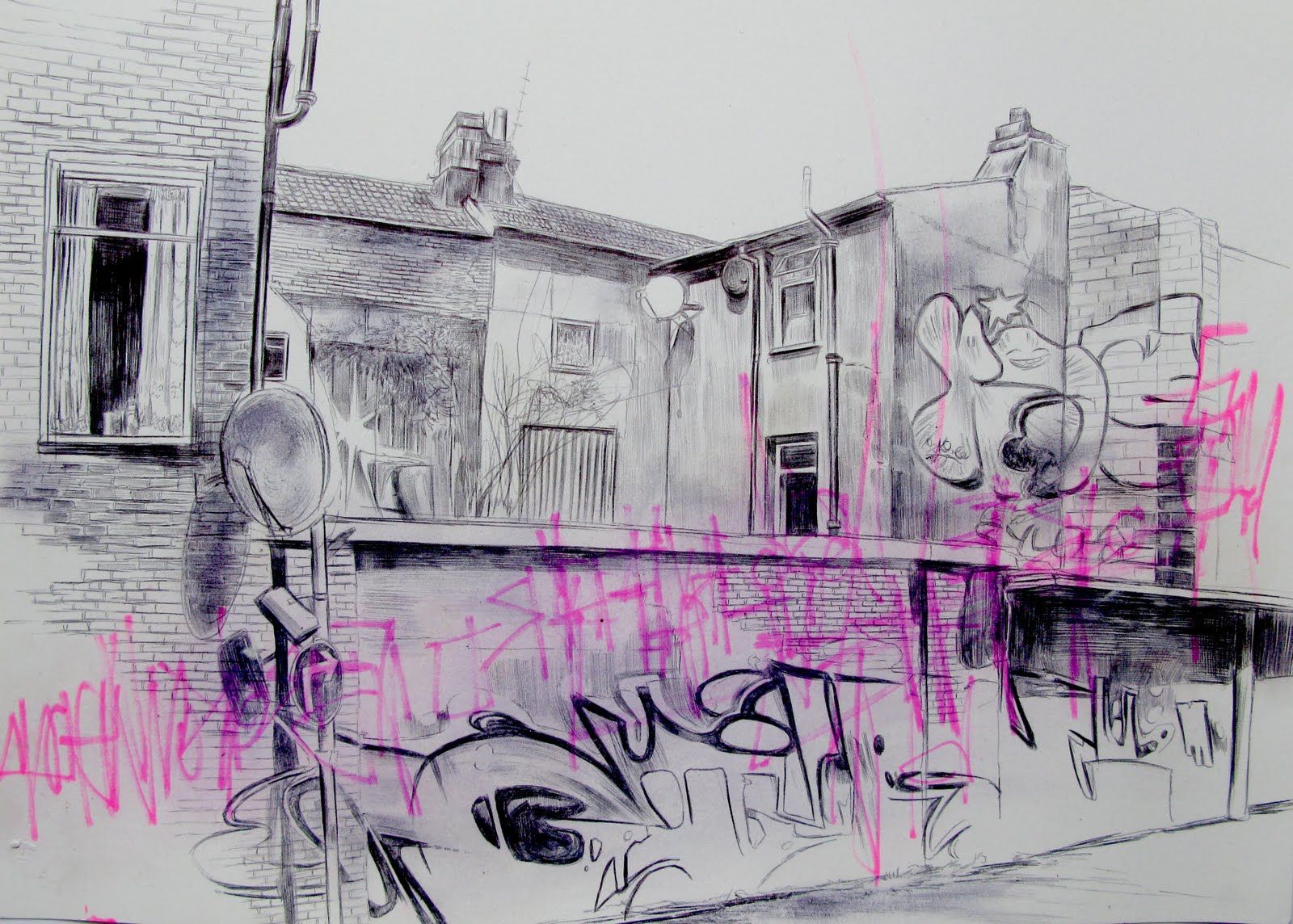Plato insisted that slaves, allowed full access to musical and artistic expression, might bring down Athens. Though it was clearly a turn of frenzied hyperbole on his part, he also appears to have seen a genuine danger, not just in the underclass’ possession of music, but in its ability to change it.
“Musical innovation is full of danger for the state,” he wrote, “for when the modes of music change, the laws of the state always change with them.” Or, in its catchier, vulgarized version, “when the mode of the music changes, the walls of the city shake.”
Read more
